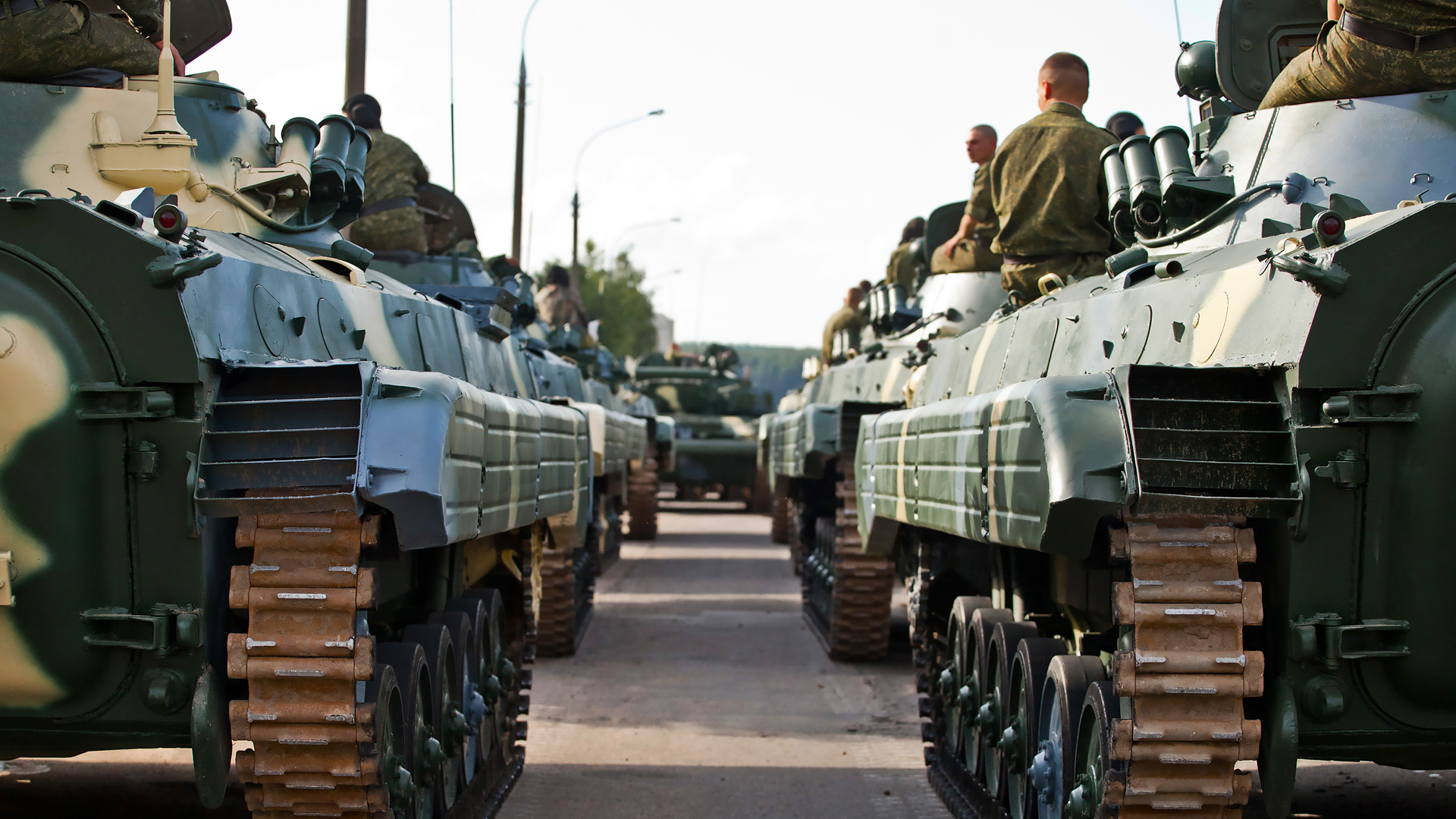
Experimental Study on Russia
War and Redistribution
- 07.02.2025
Wars bring suffering and destruction. They also cost a lot of money. What do the people of a warring country think about rising spending and government redistribution policies? Political scientists Dr. Philipp Chapkovski (University of Duisburg-Essen) and Alexei Zakharov (Ph.D, Yale University) have investigated this question in a survey experiment for Russia. Their study The Effect of War on Redistribution Preferences was published in the Journal of Public Economics.
History shows that in times of war, it is easier for a government to implement lasting political changes, such as restructuring the welfare state. This is partly due to the so-called rally-round-the-flag effect: in crisis situations, citizens tend to support their political leaders and put personal interests aside in favor of national cohesion.
Dr. Philipp Chapkovski, a researcher at the University of Duisburg-Essen (UDE), and his colleague from Yale have examined this effect for autocratic Russia. They conducted a survey experiment with almost 4,000 participants, partially influencing them with subtle references to the war in Ukraine. The aim was to find out whether the respondents would change their views on government spending and measures to reduce the income gap in the country.
“We collected our data in December 2022 in Russia online via the crowdsourcing platform Toloka. Interestingly, we were among the last researchers to collect this type of politically sensitive data before Toloka tightened its censorship rules and now filters out survey content related to politics,” said Chapkovski.
War, trust and social inequality
In the two-part survey experiment, the two scientists asked, among other things, whether the respondents supported the annexation of the Ukrainian territories; whether they believed in victory; to what extent they thought the West was responsible for the conflict; and whether they were following the military operations. Further questions concerned the costs of the conflict, conscription into the army, the use of nuclear weapons, and the economic situation. Another block of questions covered social issues such as aid for the poor, housing and income inequality, and trust in the government: Are taxpayers' money being spent efficiently, do people trust President Putin, the regional governors and the police?
The fact that some of the participants were initially asked about the war was noticeable in the answers. The supporters of the war showed the rally-round-the-flag effect: they trusted the government more and said “yes” to more state redistribution. Among the opponents of the war, it was exactly the opposite: when they were reminded of the potential costs of the conflict, for example, they supported the social redistribution measures less and also viewed the state organs more critically.
“When our experiment took place, Russia had only a few deaths to mourn and the economic consequences of the war were not felt,” Philipp Chapkovski points out. ”Nevertheless, our results suggest that costly wars could deepen disagreements over government spending. This will also be an issue for future studies.”
Publication:
https://www.sciencedirect.com/science/article/abs/pii/S0047272724002202
Further information:
Dr. Philipp Chapkovski, Empirical Political Science, tel. +49 (0)203/37 9-2245, filipp.chapkovskii@uni-due.de
